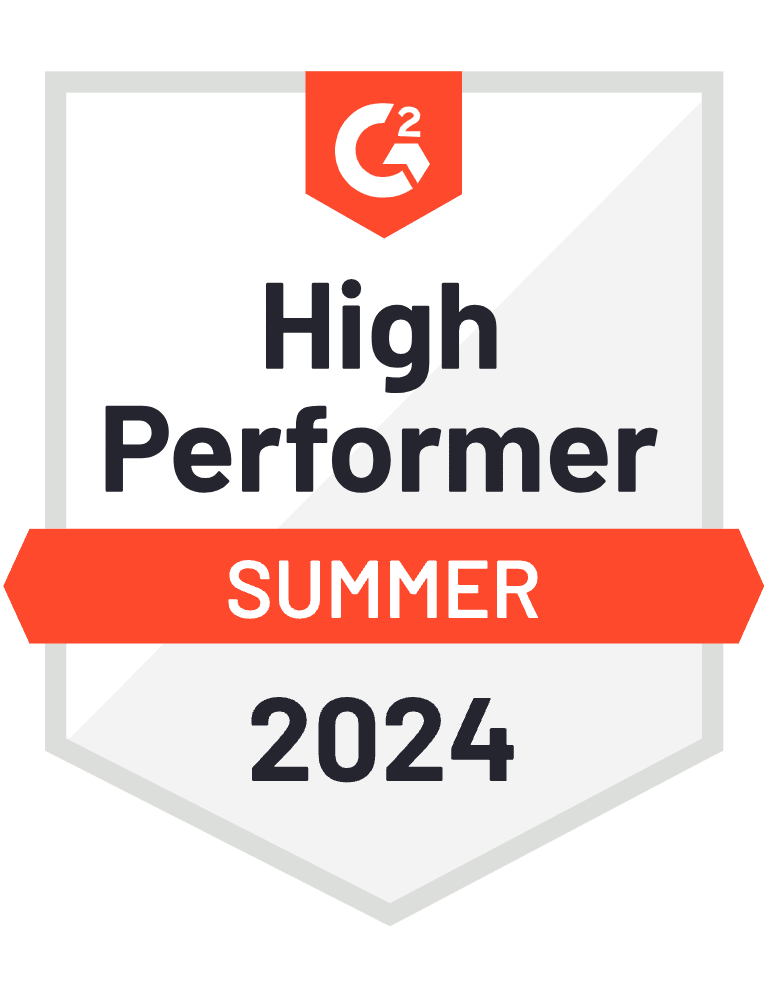Sample Projects
The sample projects on this page are available for download. Use them to experiment and explore the many powerful tools and features of ATLAS.ti. They are also explicitly intended for use in teaching.
- Introduction
- How to use this sample project
- Sample Project: Sustainability (Stage I)
- Sample Project: Sustainability (Stage II)
- Sample Project: Sustainability (Stage III)
- Sample Project: Sustainability (Stage IV)
- Sample Project: Sustainability (Stage V)
- Sample Project: Effective Communication-Spanish
- Sample Project: Sustainability ATLAS.ti Web
Introduction
This sample project was created to share an example of what a project might look like in ATLAS.ti. You are welcome to use this sample project for learning how to use ATLAS.ti, teaching the software to others, or just to explore for your own interest of course!
Because we want to provide a sample project that can be easily understood by researchers in any area — and that is hopefully also interesting! — we focus on the general topic of sustainability. The project data includes 3 articles for the literature review, 30 interview transcripts, and 1 YouTube video with an associated transcript, snapshot, and comments.
How to use this sample project
1. Choose what stage of the research process you want to see
You could start with a clean version of the project in which all documents are added but no coding has been done, you can view the project in the midst of the analysis, or you can see the final project with the coding finalized.
2. Refer to the memos!
Detailed information is included in the memos in this project. The learning objective (LO) memos contain detailed instructions on how to use ATLAS.ti. All of the other memos represent real-world steps and analyses taken throughout the project. This “Sample project description” memo and the “Research diary” memo serve to orient you around the project. You can follow through these two memos to see which other memos to read if you want to see more about any part of the research process.
3. Practice, experiment, and enjoy
This sample project was created to allow anyone to familiarise themselves with ATLAS.ti and get a sense of what a real research project might look like. Feel free to use this sample project as you want, we hope you enjoy it!
The sample project for ATLAS.ti Desktop (Windows & Mac) can be viewed in 5 stages
Sample Project: Effective Communication-Spanish
This sample project contains several types of data in Spanish, including text, survey data, YouTube comments, images and a video with transcript. The data is partially coded, so this project is ideal for practicing analyzing different types of data, as well as importing survey data and comments from a social media post.
The general research question is: What is effective communication?
The objectives of the research are to identify the keys to being a good communicator, evaluate the different types of communication (verbal, nonverbal and paralinguistic), analyze what factors are common to effective communication and effective leadership, and present a model of effective communication that can be applied to leaders.
Sample Project: Sustainability ATLAS.ti Web
This sample project is a concise, instructional project designed to teach users how to effectively use ATLAS.ti Web for data analysis. Focused on sustainability, this project guides users through the key features of ATLAS.ti Web, demonstrating how to organize, code, and analyze data within the context of sustainability research





